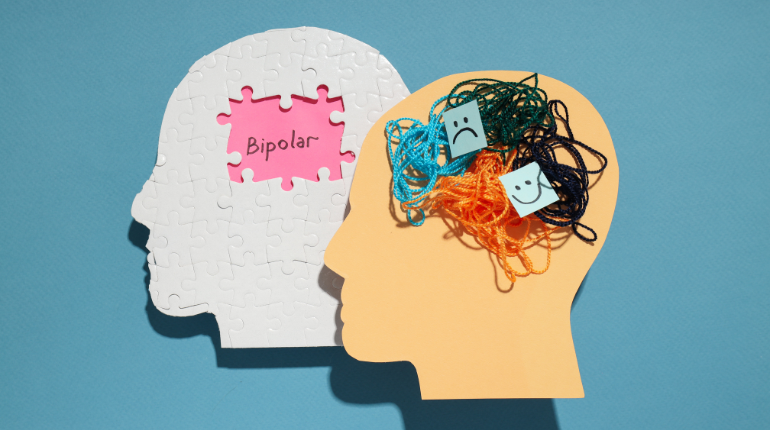Bipolar disorder
Bipolar disorder, also known as manic-depressive illness, is a brain disorder that causes unusual shifts in mood, energy, activity levels, and the ability to carry out daily tasks. Individuals experience distinct periods of “highs” (mania or hypomania) and “lows” (depression).
During manic episodes, a person might feel euphoric, have increased energy, reduced need for sleep, rapid speech, and engage in impulsive or risky behaviors. Depressive episodes, conversely, manifest as profound sadness, fatigue, loss of interest, and difficulty concentrating, similar to major depression.
The exact cause is unknown but is believed to involve a combination of genetic predisposition, altered brain structure and chemistry, and environmental factors. Bipolar disorder typically emerges in late adolescence or early adulthood.
No one rejects, dislikes, or avoids pleasure itself, because it is pleasure, but because those who do not know how to pursue pleasure rationally encounter consequences that are extremely painful. Nor again is there anyone who loves or pursues or desires to obtain pain of itself, because it is pain, but because occasionally circumstances occur in which toil and pain can procure him some great pleasure.
- While there’s no cure, bipolar disorder is manageable with a comprehensive treatment plan, often including mood stabilizers, antipsychotics, and psychotherapy.
- Regular monitoring and adherence to treatment are crucial for stability and improving quality of life.




